Nearly three decades later, the Legendary Pink Dots legend is still firmly intact
By Jon Solomon
Published on October 15, 2008 at 11:08am
The origin of the Legendary Pink Dots reads like some mythical tale: Three people staying in separate tents at Stonehenge get up at the same time in the middle of night and walk through a mist, where they see a band playing. The mysterious musicians are so completely enthralled by the music they’re making that they’re oblivious to their impromptu audience of three. Within a week, the trio goes on to form the Legendary Pink Dots. That was nearly three decades ago, and founders Edward Ka-Spel and Phil “the Silverman” Knight went on to put out a slew of albums, including their latest — and finest, Plutonium Blonde, drawing from the psychedelia of early Pink Floyd and the krautrock of Can. We caught up with Ka-Spel at his home in the Netherlands and asked about the new album.
Westword: How do you feel about the way Plutonium Blonde turned out?
Edward Ka-Spel: I feel totally happy about this one. We took a long time on this one, particularly. This time we just sat down and said, “Look, we really should take the time that an album needs.” Sometimes we have the feeling that, I don’t know, we let deadlines and things, sort of, in a way, curtail us during the whole way that we wanted to go. It’s not that I’m saying that we really cut corners, but sometimes the pressure of, you know, staying alive, basically, maybe, made us finish albums faster than we would have. But on this one, no. This just takes really as long as it takes. This was going to be our perfect album, basically. We’re going to take a year to do it, at least. Of course, when you’ve actually finished it, it doesn’t matter how long you’ve taken or how much of a perfectionist you were, you always hear things like, “Oh, we should’ve done it a bit differently.” At least we did, in a sense, keep satisfaction within the band, I thought, with this one. I guess after all these albums, that’s pleasing enough, because we’ve made a hell of a lot of albums.
Westword: You and Phil are credited as playing devices on the new album. What sort of devices?
You’ve got to see Phil’s living room to understand just how many devices there are lying around. Lots of them are acoustic and some electronic things. Some things we don’t actually want to talk about because, for one, this is a new way of getting a very interesting sound, and we kind of don’t want other people doing it. It might sound a bit selfish there, but we found some very interesting little techniques on this album that got us jumping around like little kids at Christmas because of the sounds were getting out of them. To be honest, this technology is so primitive. It’s like you should be sort of waving a club around and throwing rocks. That’s as far as I can really say about it.



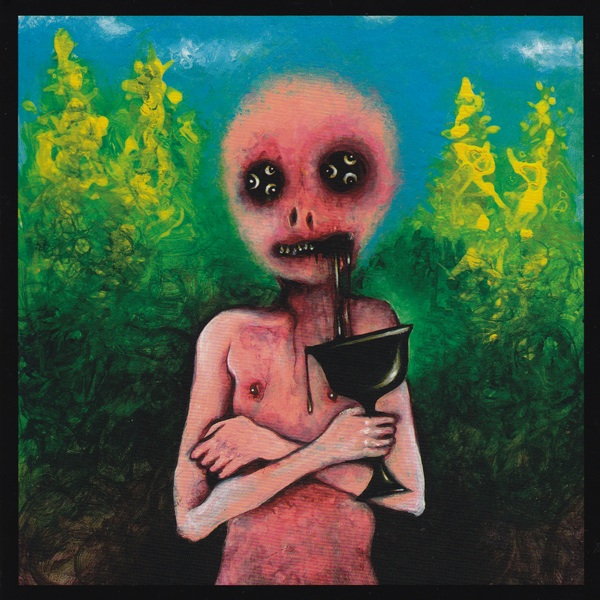 Given the long musical history of the Dots and your solo career, thinking back over the years, if you could do it all over again, is there anything that you would do differently and why?
Given the long musical history of the Dots and your solo career, thinking back over the years, if you could do it all over again, is there anything that you would do differently and why?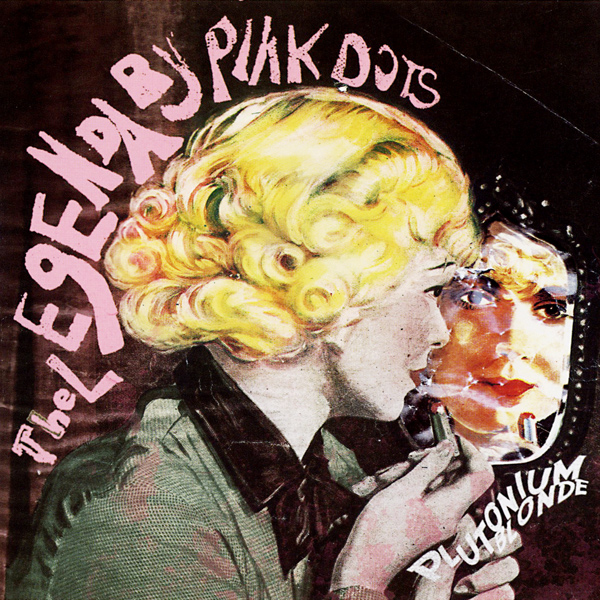 Please tell us a bit about the new LPD release, Plutonium Blonde. What does the title mean?
Please tell us a bit about the new LPD release, Plutonium Blonde. What does the title mean?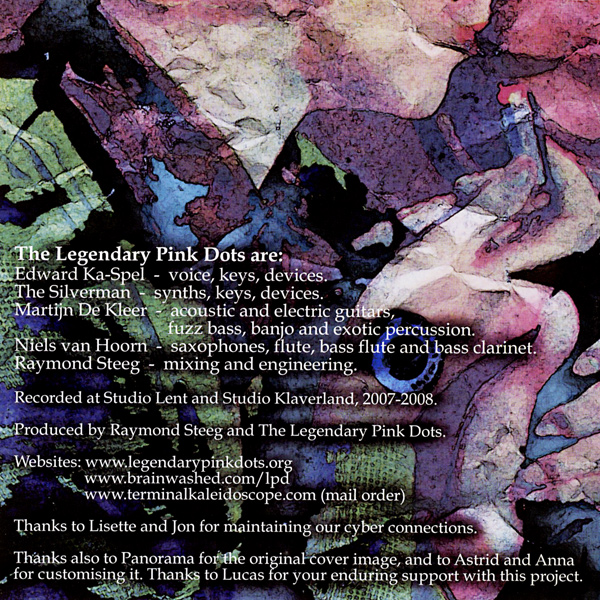 You mentioned earlier that Phil goes unrecognized for his compositional contributions to the Dots’ music. Some bands credit individuals on each song, but I don’t recall ever seeing that on an LPD release. So would you please describe how the band approaches composing a song?
You mentioned earlier that Phil goes unrecognized for his compositional contributions to the Dots’ music. Some bands credit individuals on each song, but I don’t recall ever seeing that on an LPD release. So would you please describe how the band approaches composing a song?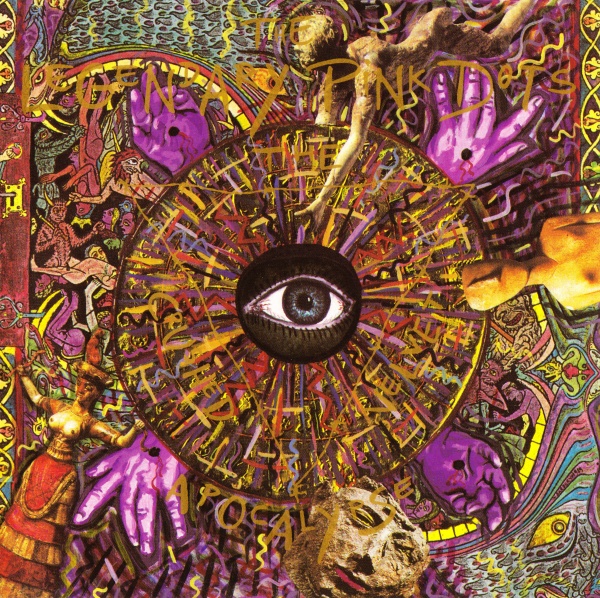 Each time that I have seen the band perform, you play current music and a selection of older songs. How do you decide which older songs to play? Which songs are the audience favorites?
Each time that I have seen the band perform, you play current music and a selection of older songs. How do you decide which older songs to play? Which songs are the audience favorites?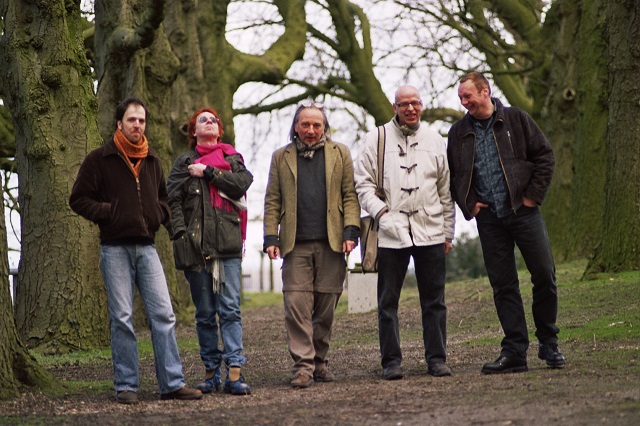 You have worked with a number of different musicians over the years. Is there anyone you would like to work with that either you have not met personally or have not had the opportunity to collaborate with?
You have worked with a number of different musicians over the years. Is there anyone you would like to work with that either you have not met personally or have not had the opportunity to collaborate with?